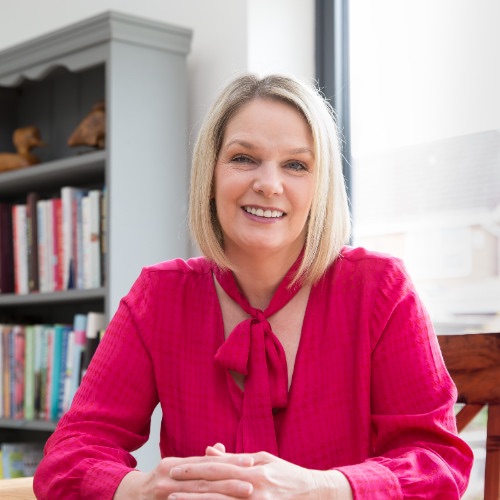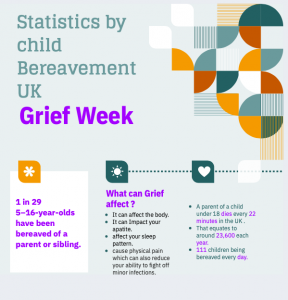
A Salford lecturer is using National Grief Awareness Week to encourage bereaved people to talk more about their experience.
There is a longstanding taboo that grief should be handled alone by the individuals that have experienced the loss.
Rachel Mallen, lecturer in counselling and psychotherapy at the University of Salford, said “I think that it’s something that you learn to live with, I think it comes in waves and also that grief can manifest physically. I think it’s important to break the taboo wherever possible just to allow people to have a voice in grief.”
Statistics by Child Bereavement UK show that one in 29 five–16-year-olds has been bereaved of a parent or sibling.
Grief can greatly affect the body; it can impact your appetite, your sleep pattern and even cause physical pain which can also reduce your ability to fight off minor infections.

The run-up to Christmas can also be an especially hard time for many grieving families, which is why Salford organisation Aspire have organised a Dementia Memorial Service.
Aspire is an organisation that supports people with dementia and/or learning disabilities and complex needs. They also support people who are at the end of life or who have been bereaved due to dementia.
Lisa Dickinson, CEO of Aspire, said: “Christmas is a time for memories, it’s a time for families to have traditions and when you lose somebody a lot of that is taken away from you. We want it to be reflective and poignant, but not sad.”
Lisa has also experienced bereavement due to dementia first-hand, after losing her father.
She said: “The thing that sticks in my head about grief and my journey, was being totally unprepared to experience death. When you’re caught in the middle of it, it feels like it’s never going to end.
“I think it’s really important to understand that grief is horrific, is life-changing but actually you can move on from it.”















Recent Comments